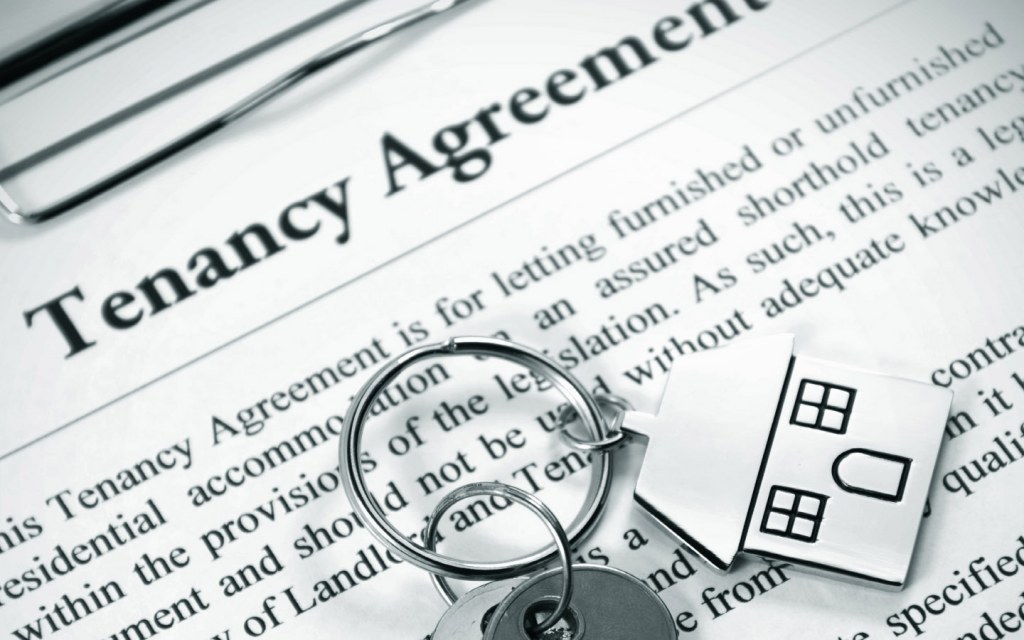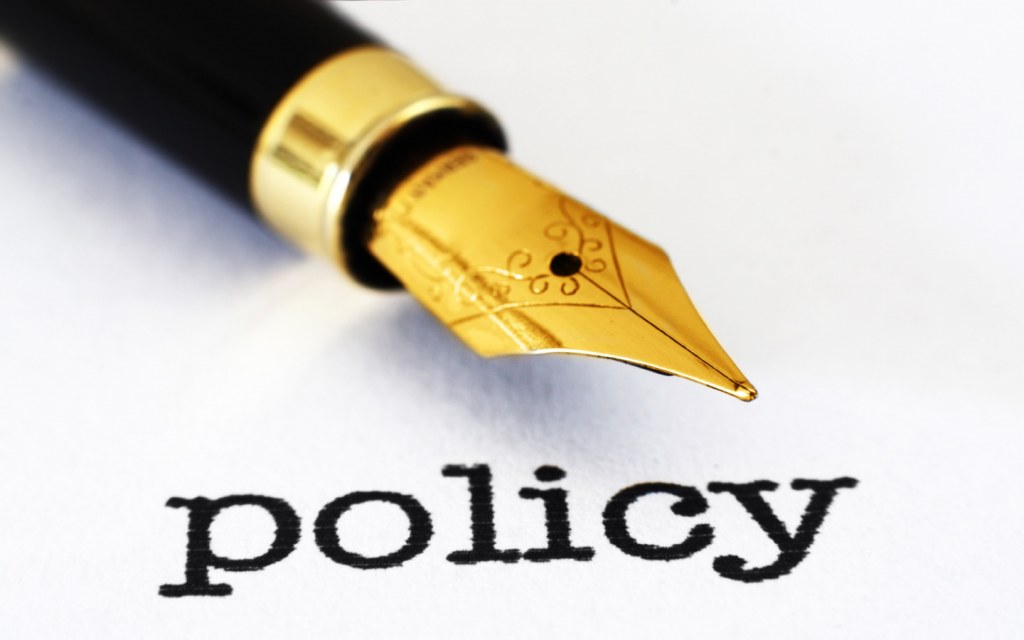We had listed a few things that landlords should ask during a tenant’s interview in a previous post, and then we shared our take on the landlord-tenant law in Pakistan. So, it ultimately got us thinking about how you, as a landlord, would do without knowing the essential things to include in a rental agreement?
Let’s face the truth. Disagreements lead to displeasures, and landlord-tenant disputes over property are not something surprising. Life’s already complicated enough, and no property owner would want a newer bunch of problems to deal with while renting their prized possession to someone else.
Don’t worry! Even if it’s your first time renting a property, we’ve got you covered with our simple guide on what not to miss out on in a rental agreement!
Essential Things to Include in A Rental Agreement: A Guide for Landlords
A rental agreement is a roadmap that helps landlords build better relations with their tenants. The agreement also enables property owners to put certain obligations over the use of the property and mandates a tenant to respect the rental property and refrain from particular activities.
As such, here are a few things that landlords should never miss out on while drafting rental agreements:
- Name of tenants
- Rental Description
- Tenancy Duration & Expiration
- Rent charges
- Mode of payment
- Maintenance & repairs
- General property rules
- Property inspection
- Contact information & profile
Name of the tenants

Landlords should make sure all occupants are registered
The actual need to include the names of all the tenants occurs when a single tenant fails to pay the rent charges after the due date and several notices. So, every independent adult who is living on a property should be named as a tenant and required to sign the rental agreement. This provides a whole new level of satisfaction and insurance for landlords that no matter what, they will receive their rent. Since each tenant will be legally registered to pay the amount, it can be expected that they will ultimately follow other terms of the lease as well.
On a side note, some landlords also set limitations on guests, including it in the agreement that only the registered tenants and their dependents (their family or children) are allowed to reside in the rental property. So, in cases where a tenant moves in a sublet without a homeowner’s consent, they can rightfully file a lawsuit against such renters and terminate the lease agreement immediately.
Rental description
As a landlord, you would want to avoid all such situations that raise red flags against your property or the tenant’s use of the property. So, it’s best to mention the complete property address, the property spaces that tenants are allowed to use, and the ones they are not allowed to enter. It implies especially to bigger properties and buildings where landlords have multiple properties available on rent. This factor enables property owners to enjoy their privacy with the surety that the remaining empty spaces are protected.
Tenancy duration & expiration

Rental properties have the potential to create a business relationship between tenants and landlords, which is directed by a set of rules, policies, and laws. However, every province in Pakistan has a different set of landlord-tenant laws, but clarifying the tenancy duration is something that is shared by all.
Some rental agreements are short-term and need to be renewed monthly, yearly, or quarterly, while some are automatically renewed until one of the parties (landlord or tenant) terminates the lease. A property owner should mention the starting date of the agreement, the tenancy duration, and the expiration date in the rental agreement to avoid any confusion in the future.
Moreover, according to some legal experts, landlords are obliged to provide an eviction notice of at least 1 month before terminating a rental contract.
Rent charges
As obvious as it may sound, rent charges are something that shouldn’t be missed before getting into a rental agreement with someone. Make sure that you have mentioned the rent charges in both numbers and words to avoid getting confused or cheated in the future. For additional security, landlords can also specify whether they would charge a late fee, including the amount of the charges, and the grace period.
In some cases, the law of tenant rights also states that both parties should agree on the decided rent charges, and nobody has the authority to force the other into a contract.
Mode of payment

After you’ve mutually agreed upon rent charges and specified it in the rental agreement – the next step involves nailing down the mode of payment. It mainly consists of the description of how the landlord is going to receive rent from the tenant, and it can be in the form of a cheque, cash, or a bank deposit.
Maintenance & repairs
As a general rule of renting property and tenant rights, additional costs such as taxes, property maintenance, and repairs are paid by landlords. However, it can also entirely depend on the nature of the agreement between the two parties. In order to avoid disputes over damages, it is best to mention the name of the accountable person in the agreement.
General property rules

Whenever landlord-tenant law talks in favour of tenant’s rights, it also favours landlord’s rights, which means that the property owner has the liberty to set limitations, policies, and terms over the use of the property. A good example in this regard can be a situation where a landlord is allergic to animals and doesn’t want any animals on their property – as per the law, they have all the rights to mention this condition or clause in the rental agreement.
Property inspection
Out of all the things to include in the rental agreement, a property inspection is the most crucial one. At times when landlords visit their property for inspection, tenants can be uncomfortable and can be disturbed by the very fact that the landlord is being intrusive. On the other hand, the landlord-tenant law also suggests that a property owner has the right to visit their property. This situation can quickly turn into a property dispute if property inspection is unannounced and close to an intrusion or invasion of privacy.
These cases can turn into severe violations of privacy; however, it can be avoided by clarifying the right to access the rental property. Landlords can mention and provide 24 hours’ notice before entering the property for inspection, repairs, or showing the property to new tenants.
Contact information & profile

Building a trustful relationship is crucial for both parties, and it is only possible when a property owner displays and abides by the traits of a good landlord. On the other hand, a renter can play their side of the role by being a responsible tenant. So, when we talk particularly about trust – it begins with exchanging contact information and personal profile. Both parties should never refrain from asking one another about one of the following things: a copy of national identity card, personal documents, phone number, and office/business/permanent addresses.
Stay tuned to Zameen Blog for more tips and advice on renting a property. Subscribe to our newsletter by entering your email address in the box on the right side of your screen.



